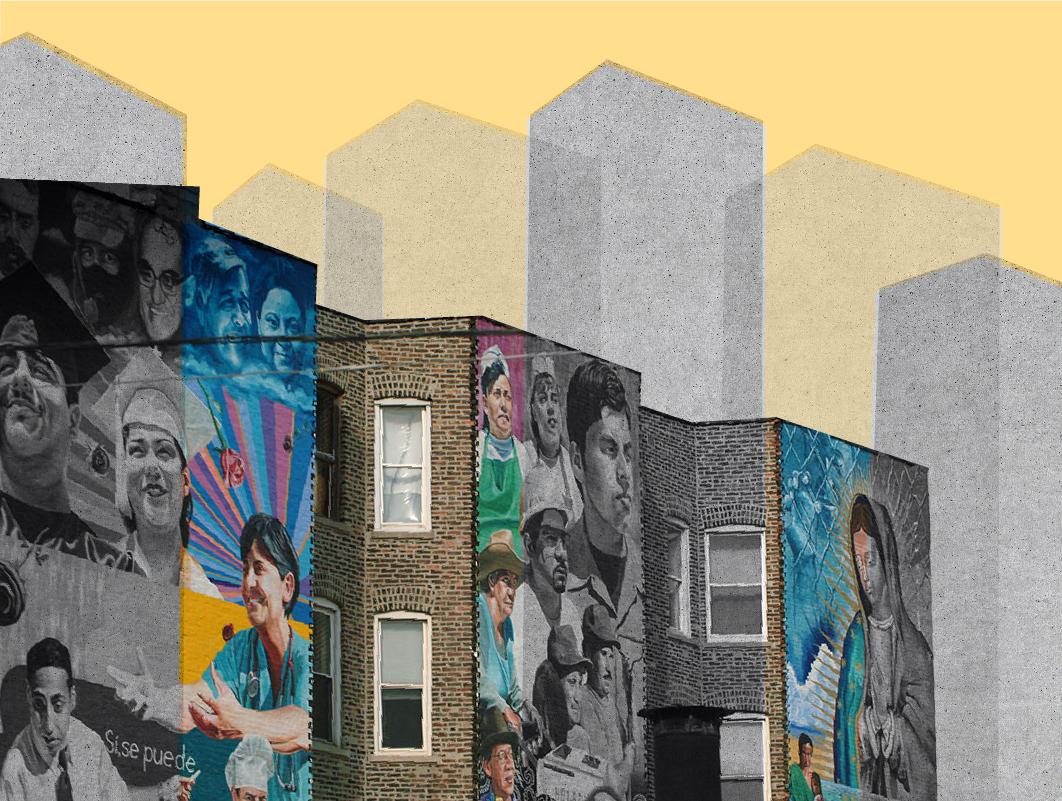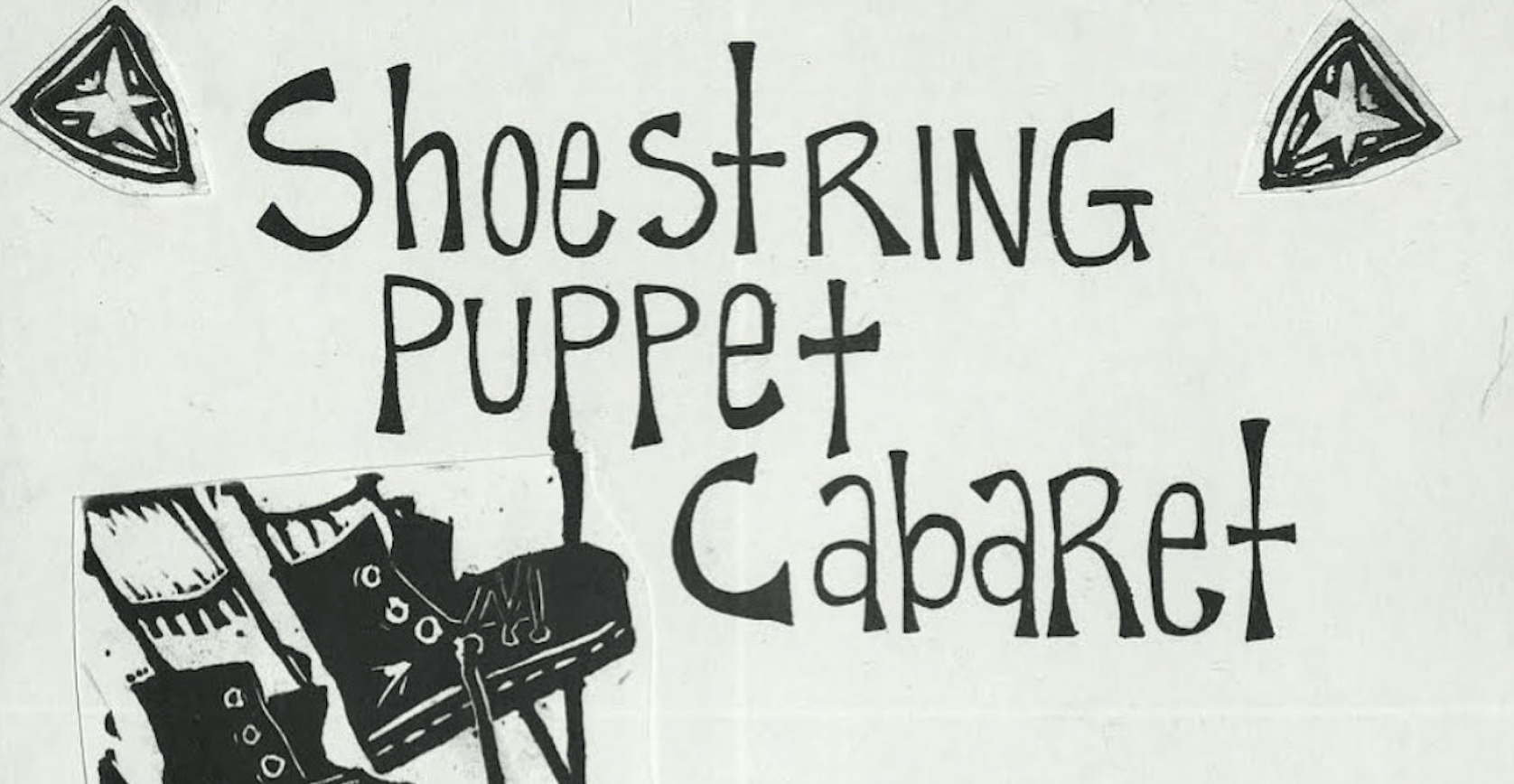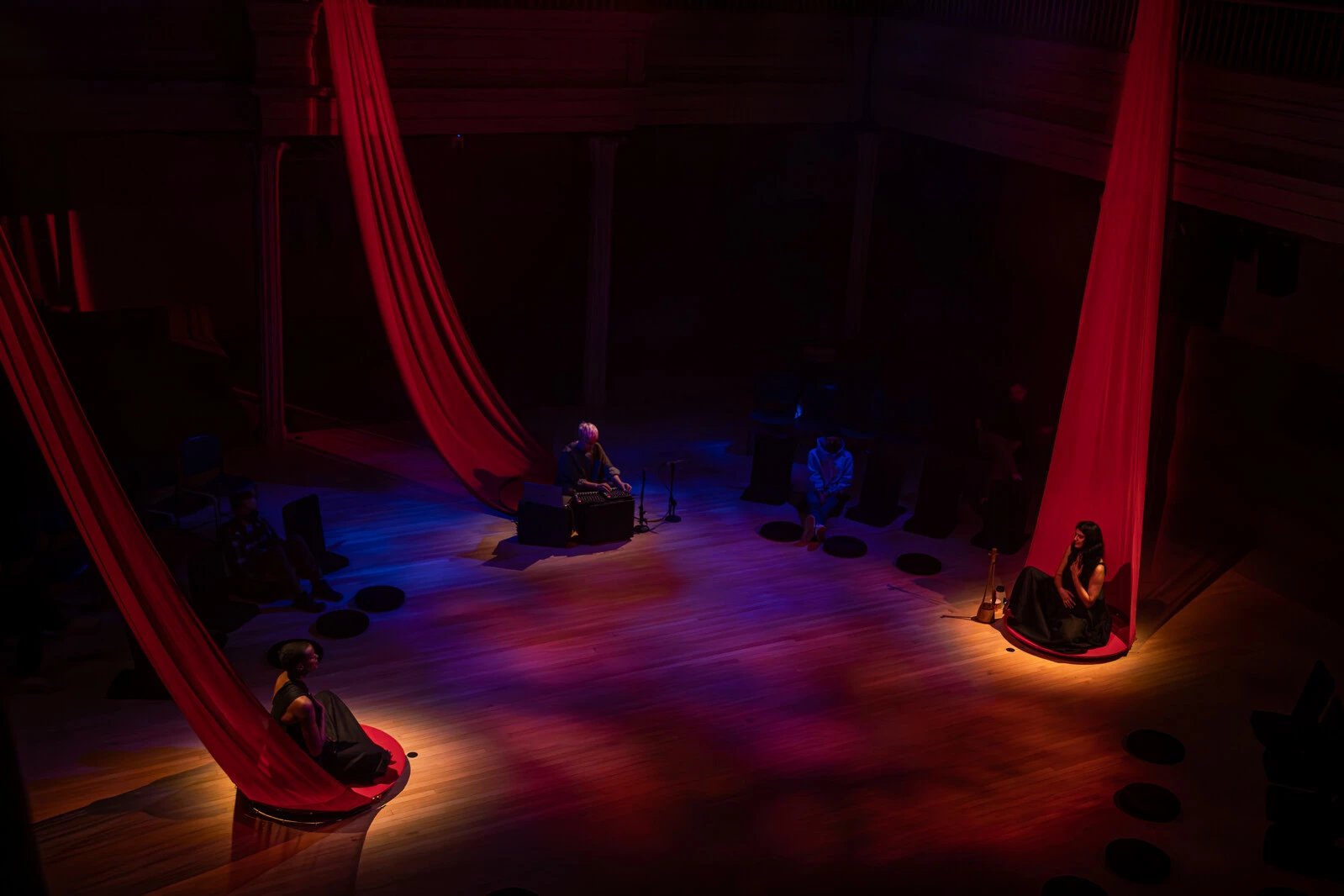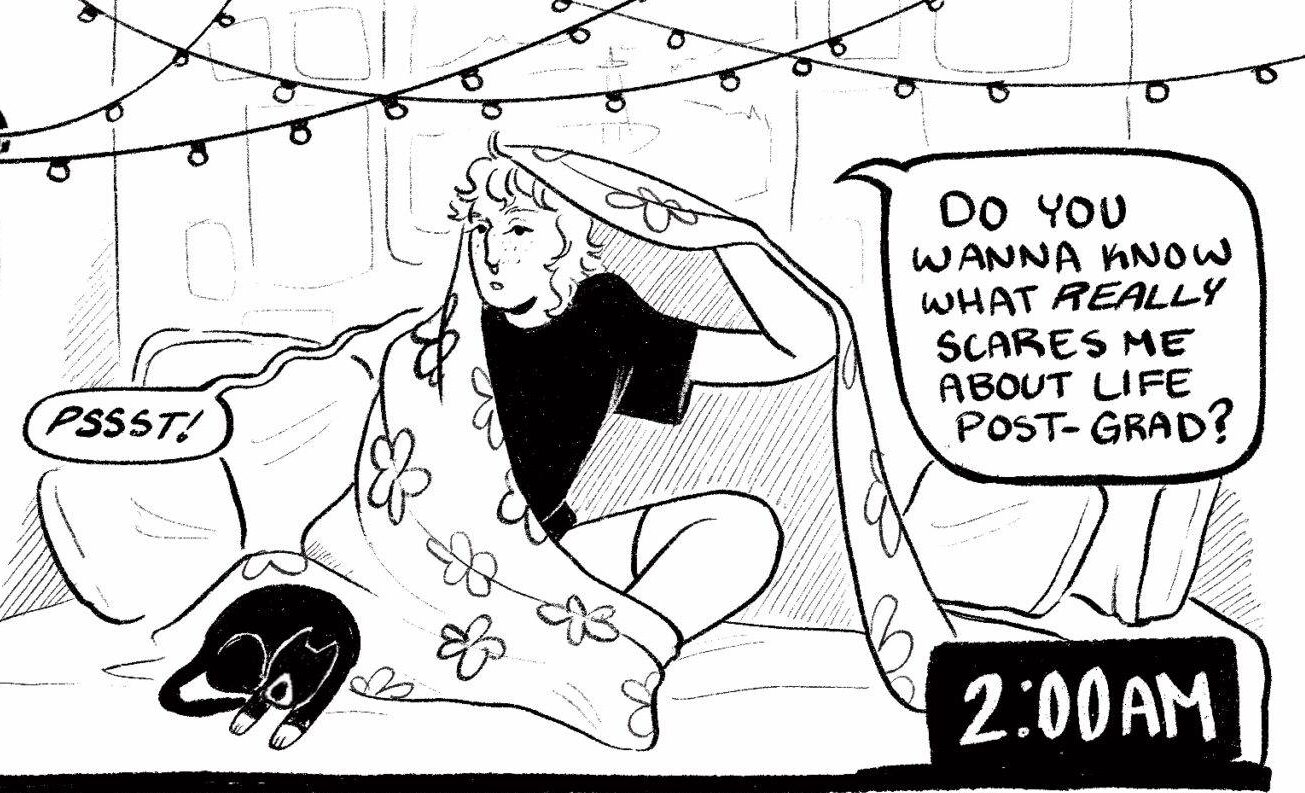Members of the Pilsen community gathered in the neighborhood’s Colibri Studio and Gallery on May 18, 2018, determined to solve the pressing issue of gentrification. Part of the Pilsen Youth Alliance Committee’s three-part series, approximately 40 people came together to raise awareness of gentrification in their neighborhood and brainstorm ways to preserve the culture of Pilsen. Pilsen Alliance youth organizer Karla Dejesus introduced the conversation saying, “it’s important to not just look at the problem, but find a solution.”
Gentrification is the process of renovating an area to suit middle-class standards. It is typically accomplished by an increase in housing costs in the area so that the current residents can’t afford to live there anymore. The process pushes out lower-income minority individuals in favor of higher income, typically white, individuals. Gentrification causes displacement, in which families are forced to relocate either through “eviction, public auction, reoccupation, or the changing state of their neighborhood,” wrote the Atlantic’s Senior Editor, Richard Florida, for CityLab.
“Gentrification is segregation,” said Jazmin, resident of the ‘la villa’ neighborhood, “what do we have to do to keep people in their homes? It’s not a question of how we bring affordable housing to people after they are forced to leave.”
Pilsen has been a port for immigrants for over 150 years. However, as housing prices rise, Latino families are joining the thousands of others who have been displaced due to gentrification. “From 2000 to 2013 Pilsen went from being 89% Hispanic to 81.6% Hispanic. Pilsen was affordable and awesome but it’s changing. Why can’t working people have the same amenities that white collar workers do?” said Pilsen community member Rafael Rozo.
This particular dialogue was focused on injustices carried out by the Pilsen Land Use Committee (PLUC), an organization formed by Alderman Danny Solis. The goal of PLUC is “to ensure that any new residential developments are carried out in a balanced manner so that residents in Pilsen have the opportunity to live in these new developments.” In addition, PLUC ensures that developments meet the city of Chicago’s Affordable Rent Ordinance, for which 21% of new living developments must have affordable rent based on the average income of the community, or rather it is supposed to.
“One of the many issues with PLUC is that meetings are open, but nobody knows when or where they are,” said Pilsen Alliance leader Anderson Bolivár. “We need low income housing. We need to dismantle PLUC. We need a system that represents it’s community.”
The Pilsen Alliance filed a Freedom of Information Act requesting the right to view an email exchange between PLUC and a 99-unit development that had already been approved to be built in the neighborhood. The emails reveal that PLUC approved the 99-unit development before knowing the rents of each unit. “The cost of rent is clearly not something that PLUC is concerned about. Most of these units in this development have rents that are 60% of Pilsen average income and the units that are affordable are small studio apartments,” one attendee said.
It was clear that something needs to be done about PLUC, so to continue the dialogue, the Pilsen Alliance and company began assembling a list of short- and long-term goals in regards to the injustices carried out by Aldermann Solis and his committees. “The people who are running PLUC aren’t going to give up their power unless it’s taken from them. We need to dismantle PLUC and make them obsolete,” said one attendant who wishes to remain anonymous.
Pilsen resident Aldo Reyes suggested, “We need to form coalitions with other grassroots organizations to make the city pay attention. We need to come at the people who hold power because this city is the second most corrupt in the country, right behind Washington, D.C. We have to go to the PLUC meetings.”
“Going forward we are looking to confront PLUC for failing to represent the community by supporting the gentrification of Pilsen. From their tendencies to approve developments in favor of zoning changes, and their disregard for the affordable rent ordinance, something has got to be done,” Karla Dejesus said.
The Pilsen Alliance is continuing to make plans to take action against PLUC in order to stop gentrification in their neighborhood. “Whether it be blowing up their email, or going into the offices of members of PLUC, we need to force them to acknowledge the community. It is very important that we address the issue of gentrification and those who are leading it, whether it be corporations, the City of Chicago, or the local politicians. Whoever they are, they must be stopped,” one attendee said.
To get involved in the preservation of Pilsen, visit the Pilsen Alliance Facebook page.






















“In addition, PLUC ensures that developments meet the city of Chicago’s Affordable Rent Ordinance, for which 21% of new living developments must have affordable rent based on the average income of the community, or rather it is supposed to.”
This is wrong.
It is called the Affordable Requirements Ordinance and the actual number is 10%, not 21%. The PLUC is trying to impose a standard that is more than double what the Ordinance specifies.
Source: https://www.cityofchicago.org/city/en/depts/dcd/supp_info/affordable_housingrequirementsordinance.html